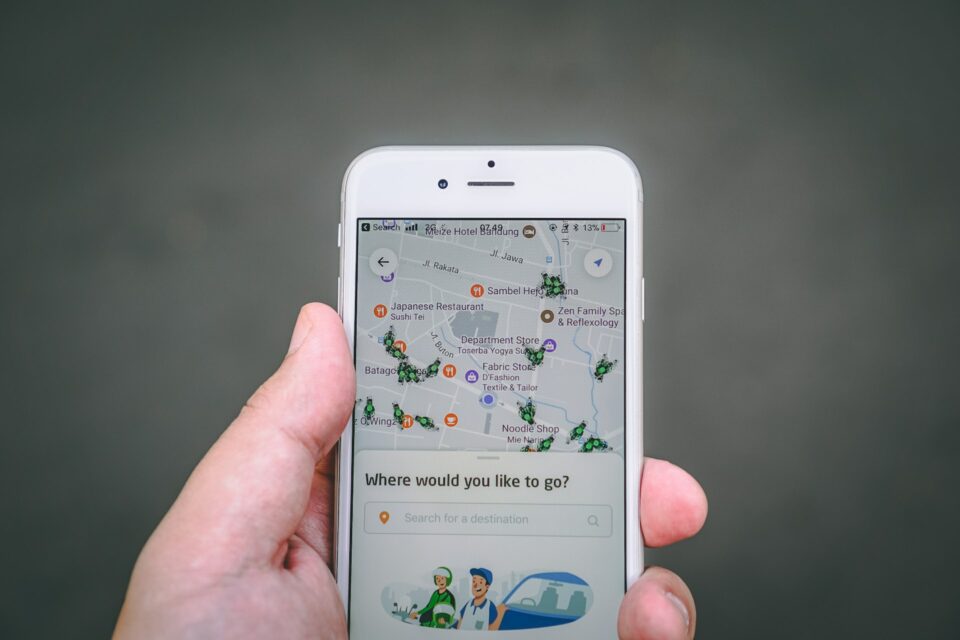Many traditional labor market commentators view the gig economy as something negative. People on “zero hours” contracts without any work or pension rights are at risk, they say. The situation is so bad that entire countries are changing their definitions of the word “worker” to prevent people from falling into this category.
For many, though, this analysis is wrong. Working in the gig economy is actually a good thing.
But why? Let’s take a look.
Choose Your Hours
Most employees go to work to their boss’s drumbeat. It doesn’t matter what other plans they might have on a Monday morning, they need to be at their desk at 9 am or there will be serious repercussions.
This approach feels a lot like school. Teachers reprimand students for showing up at the wrong time or wearing the incorrect clothing.
But in the gig economy, this isn’t an issue. Most workers work whenever they want, giving them full flexibility over how they spend their time. They feel more in control of their lives and can arrange their work around their priorities.
Better Variety
Working in an accounting firm might pay a good salary, but the work is repetitive. One tax return looks very similar to another.
In the gig economy, though, there’s more variety. You never quite know what clients are going to ask for next, even if you have an entry-level job.
Gigs are as creative as the people who write briefs for them. Therefore, you always have something new to do.
Technology Is Helping

Technology is also helping people in the gig economy, according to the founder of Draiver, Zarif Haque. For example, new routing technology is helping to make delivery drivers more efficient by showing them the quickest ways to get to their destination.
Technology is also driving efficiencies for people who operate home offices. AI can now generate text, logos, branding, website pages, and even videos for marketing and sharing on social media.
Skill Development
Gig workers are also more market-facing than most regular employees. Therefore, they have to prioritize their skills. They can’t afford to sit in a back room, churning out paperwork. They need to actively engage in whatever generates value for their customers.
Entrepreneurial Opportunities

Gig workers don’t need to remain in the confines of the firms in which they operate either. They also have significantly more freedom to leverage business opportunities when they arise.
Perhaps the biggest opportunity is starting a business with the skill they have. For instance, writers who set up their own agencies can make many times more money than those who continue to work for third-parties.
Freelance creatives have similar opportunities. They can set up websites, social media pages, and so on.
Therefore, working in the gig economy isn’t necessarily a bad thing. In fact, because of the freedom involved, it could set you up for a higher income than would be possible via climbing the conventional corporate ladder. The more skills you can obtain, the more value you can offer people, and the more money you’ll make.
